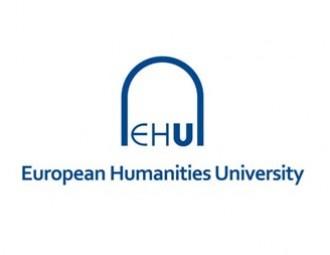Belarusan university-in-exile receives Freedom Award

The European Humanities University (EHU) has been presented with the Atlantic Council’s Freedom Award at the Wroclaw Global Forum in Poland on 14 June, 2013.
Founded in Minsk, Belarus, in 1992, EHU was shut down by authorities there in 2004 after standing up against encroachments on its academic freedom. The University relocated to Vilnius, Lithuania, where it serves approximately 1,600 mostly Belarusan students, offering them undergraduate and graduate degree programs and promoting research in the humanities and social sciences, writes Lithuania Tribune.
“Our students learn to think and act as free human beings – something no regime can take away from them,” said EHU’s Founding Rector Anatoli Mikhailov.
Mikhailov and two students, Maryia Sliaptsova and Dzianis Kuchynski, accepted the award on the University’s behalf. The students spoke about opportunities available to them at EHU – that are not available in Belarus.
EHU is the only Belarusan university where Belarusan students and scholars can study and conduct research in freedom. Recent expulsions of faculty from Belarusan universities like Yanka Kupala State University of Grodno and ongoing harassment of EHU staff and faculty when they are in Belarus show that this is not the case there.
The majority of EHU faculty and students come from Belarus and the majority of EHU alumni reside there, where they apply their skills and knowledge in business, non-profit organisations, and the independent media.
This year’s honourees also include former Polish Prime Minister Tadeusz Mazowiecki; Pakistani youth activist and blogger Malala Yousafzai; and, posthumously, the US Ambassador Mark Palmer.
-
03.01
-
07.10
-
22.09
-
17.08
-
12.08
-
30.09








































